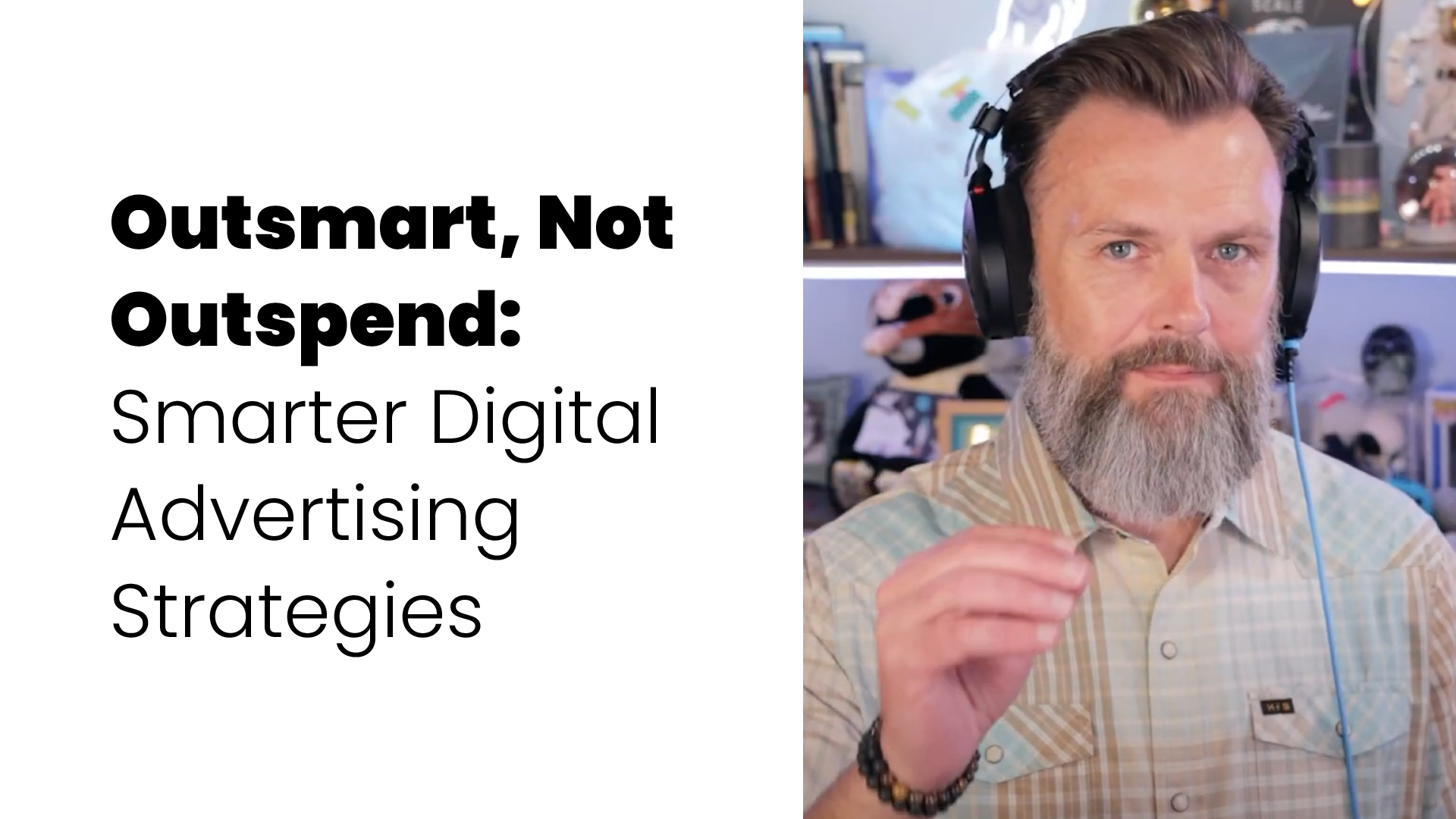How net neutrality affects marketing


The end of Net Neutrality is a hot topic and, as a marketing agency, we feel a responsibility to be prepared for how it might impact our clients. In doing this, we can also prepare you, the small business owner or marketer, for what may be coming.
Before we get into what might be coming, let’s recognize that Net Neutrality was only created in 2015. Net Neutrality’s implementation didn’t cause a noticeable change in the way we marketed digitally, so it’s reasonable to say that the end of Net Neutrality may do the same… nothing. Net Neutrality was created to prevent a bunch of stuff from being possible. We’ll take a closer look at what those specific prevention measures were shortly, but the doomsday preventions it had in place weren’t happening before its creation. So, it didn’t necessarily change things that were happening, it prevented things that might happen.
Without Net Neutrality, these things might happen, but it doesn’t mean that they will. Regardless, it’s our job to help you be prepared, in the event that they do occur.
Blocking

The removal of content discrimination measures could mean that certain sites or types of content are blocked. It could also mean that certain types of content are only available through premium services. This could lead to segmenting of web services and the sale of “packages” by internet service providers (ISPs). Much like cable companies do today, ISPs could split web services into categories and charge for each. You could, potentially, have to pay a separate “bundle fee” for social, video, email, etc. While it’s something that we didn’t see pre-Net Neutrality, it could happen. Portugal, where Net Neutrality does not exist, is already seeing separately priced packages.

Blocking could also give ISPs the opportunity to disallow certain types of content altogether, which presents the possibility that your content could be blocked if it conflicts with the ISP’s business interests. If the parent company of an ISP also owns a direct competitor of your business, you could get the axe. I can’t say that this was happening before Net Neutrality’s existence, but without the measures that prevent it from happening, anything is possible.
How will blocking affect small business marketing?
If your content is unlucky enough to fall into a premium service category when and if ISPs start segmenting, your audience will become segmented, and, since packages would require additional investment, that segmenting would happen by income. Your ability to reach lower-income individuals would be diminished.
Also, if your business is in direct competition with any ISP or parent company’s interests, they could (theoretically) disallow your content. They could also block your content if your content somehow violates any standard they create.
What can you do about it now?
Start thinking about your customer segments and how you can diversify if needed. While segmenting would likely only affect large services (think Netflix, Facebook, email), you need to be prepared to pivot.
Start looking at ISPs and parent companies to see if there are any conflicting business interest.
THROTTLING AND PAID PRIORITIZATION

A major concern with the end of Net Neutrality is that “fast lanes” can now be created for those willing to pay for them, and certain types of content can now be throttled (at the ISP’s discretion). Businesses could theoretically pay more to ISPs to have their content loaded faster than competitors. The theory here is that users will naturally gravitate to the faster loading content, killing off slower competitors (those who don’t pay the premium for faster loading content).
How will throttling affect small business marketing?
It’s possible that your content could be slowed through certain ISPs if you don’t pay a premium for faster content delivery. It’s possible that platforms which you market yourself on could be throttled if they don’t pay the premium, harming your content and marketing efforts on those platforms. It’s possible that a competitor of yours could pay a premium to an ISP for faster content delivery, creating a preference for their services and harming yours. It’s possible that your content is in direct competition with an ISP’s (or parent company’s) business interests and could be throttled.
However, speed has been a performance issue even with Net Neutrality. Businesses have many options for optimizing their content for speed (hosting upgrades, caching optimization, content deliver y networks (CDNs), etc.), and the businesses who take advantage of those speed optimizations already reap the benefits of customer preference. Speed across competition has never been neutral. The Net Neutrality measures prevented ISPs from discriminating as they deliver the content from the web to you, so they haven’t been able to change the speed of your content. Without the preventative measures, they could begin throttling your content.
What can you do about it now?
If you’re not already taking advantage of all of the available speed optimizations on your end, it’s something you should work on no matter what. Check your content’s speed, and evaluate your hosting. Look into caching options like Comet Cache, and CDNs like StackPath.
BE PREPARED

Again, the end of Net Neutrality doesn’t necessarily mean that things will change, it means that they could. You need to be prepared either way and, if nothing else, this is a good time to button up some things that you should’ve already knocked out. Be prepared to pivot, if needed, in your targeting and in your budgeting. Paying premiums for preferred ISP-side speed could become a necessary evil.
Prepare for the worst, and hope for the best.
Get started today!
Schedule your Intro Call with our team.



